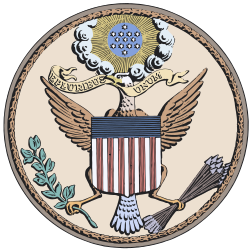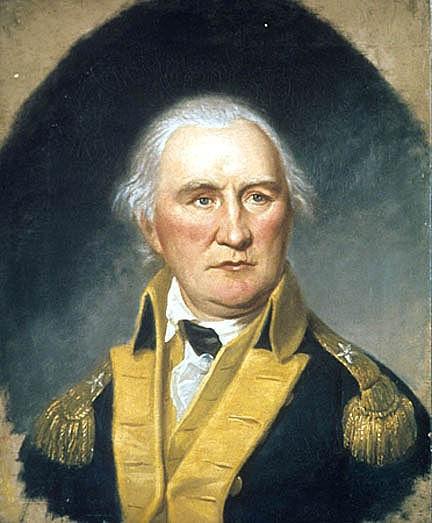On this date...
- katellashisadventure
- Jun 20
- 2 min read

In 1775, The Liberty Point Resolves, also known as "The Cumberland Association", was signed by fifty residents of Cumberland NC protesting the actions of Great Britain following the battles of Lexington and Concord.
In 1782, Congress adopts the Great seal of the United States.
In 1863, West Virginia enters the Union.
In 1875, A skilled practitioner of the frontier art of the tall tale, the mountain man Joe Meek dies on his farm in Oregon. His life was nearly as adventurous as his stories claimed.
In 1893, Following a trial that was a national sensation in the United States, Lizzie Borden was acquitted of murdering her father and stepmother.
In 1903, American automobile-racing driver Barney Oldfield accomplished the first mile-a-minute performance in a car, at Indianapolis, Indiana.
In 1941, Ford signs its first contract with the autoworker's union.
In 1943, race-related rioting erupted in Detroit; federal troops were sent in by President Franklin D. Roosevelt to quell the violence that resulted in more than 30 deaths.
In 1947, gangster Benjamin “Bugsy” Siegel was shot dead at the Beverly Hills, California, home of his girlfriend, Virginia Hill, likely at the order of mob associates.
In 1963, To lessen the threat of an accidental nuclear war, the United States and the Soviet Union agree to establish a “hot line” communication system between the two nations.
In 1967, boxer Muhammad Ali was convicted in Houston of violating Selective Service laws by refusing to be drafted and was sentenced to five years in prison. (Ali’s conviction would ultimately be overturned by the U.S. Supreme Court).
In 1972, three days after the arrest of the Watergate burglars, President Richard Nixon met at the White House with his chief of staff, H.R. Haldeman; the secretly made tape recording of this meeting ended up with a notorious 18 1/2-minute gap.
In 2002, In Atkins v. Virginia, the U.S. Supreme Court ruled that the imposition of the death penalty in cases involving intellectually disabled defendants violated the Eighth Amendment's protection against cruel and unusual punishment.









Comments